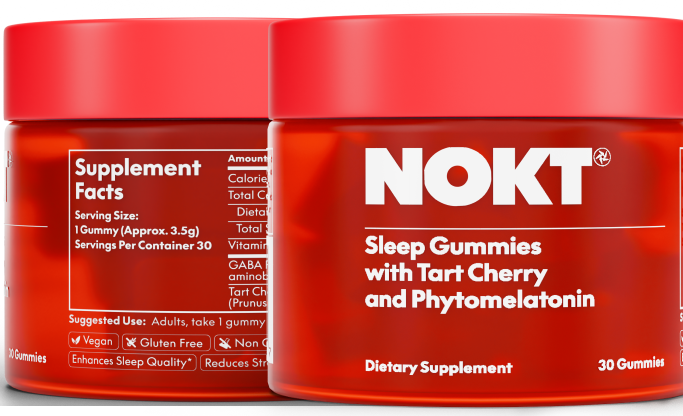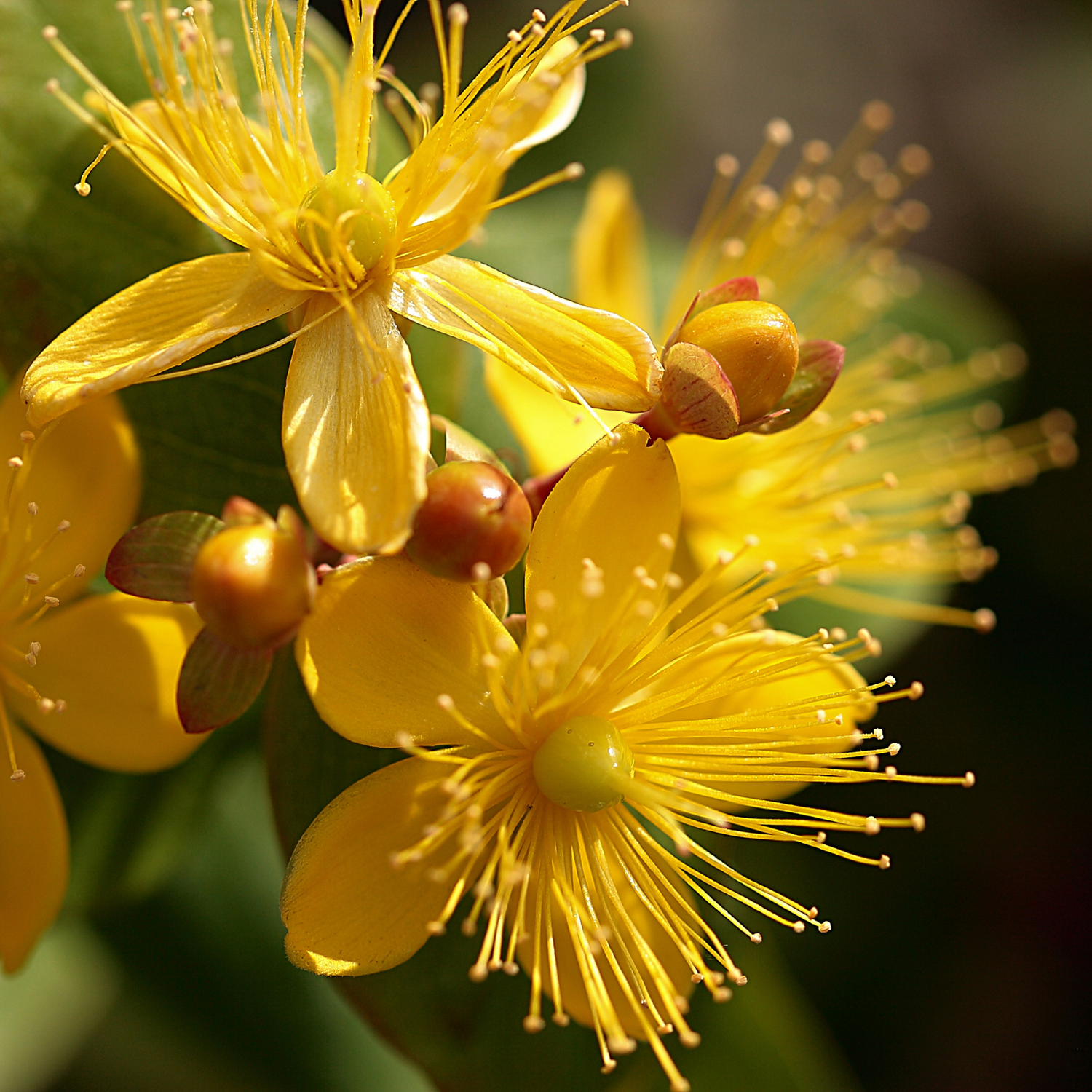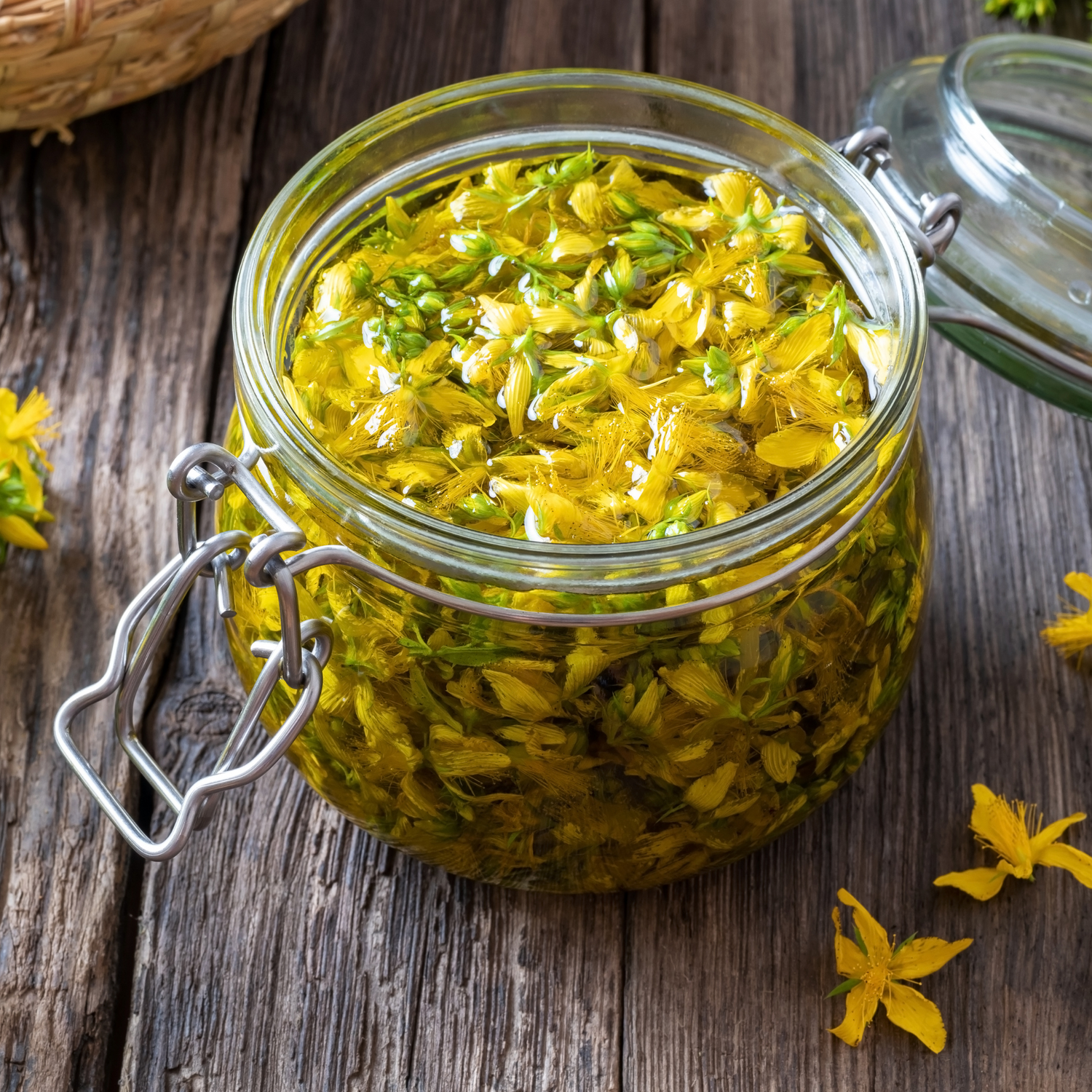
What is Phytomelatonin?
Phytomelatonin is a plant-based, natural form of melatonin derived directly from plants like tart cherries, St. John's Wort, goji berries, and various herbs.
Nokt uses phytomelatonin derived from St. John’s Wort (Hypericum perforatum) and Tart Cherry to naturally support healthy sleep cycles and promote restful, rejuvenating sleep.


Why Choose Phytomelatonin?
Unlike synthetic melatonin, which is artificially manufactured in labs, phytomelatonin offers a clean, natural alternative that aligns with the body’s natural processes.
-
1. Plant-Based and NaturalUnlike synthetic melatonin, phytomelatonin is extracted from plants, making it a more natural choice for those who prefer holistic and nature-driven solutions.
-
2. Better AbsorptionPhytomelatonin often comes with additional plant nutrients that can enhance absorption and effectiveness, helping you achieve restful sleep without relying on artificial ingredients.
-
3. Gentler on the BodySynthetic melatonin can sometimes overwhelm the body’s natural melatonin production, leading to potential imbalances. Phytomelatonin is gentler, supporting your body’s ability to regulate sleep naturally.
-
4. Rich in AntioxidantsBecause phytomelatonin is plant-derived, it often contains antioxidants that promote overall wellness, reducing oxidative stress while helping you rest.
-
5. Fewer Side EffectsSynthetic melatonin may cause grogginess or other side effects for some users. Phytomelatonin offers a more balanced and mild experience, supporting a smoother transition to restful sleep.
-
VEGAN MELATONIN
-
 ADAPTOGEN-BASED INGREDIENTS
ADAPTOGEN-BASED INGREDIENTS
-
GLUTEN-FREE
-
 SUGAR-FREE
SUGAR-FREE

How Does Phytomelatonin Work?
Just like synthetic melatonin, phytomelatonin helps regulate your sleep-wake cycle by interacting with your body’s circadian rhythm. However, because it’s sourced from plants, it provides the added benefit of working in harmony with your body’s natural processes for a more holistic approach to better sleep.
Interested in learning more? Check out the National Institutes of Health (NIH) publication on phytomelatonin here.


READY FOR A BETTER NIGHT’S SLEEP?
Transform Your Sleep Routine with NOKT Sleep Gummies – Pure, Clean, Effective.
